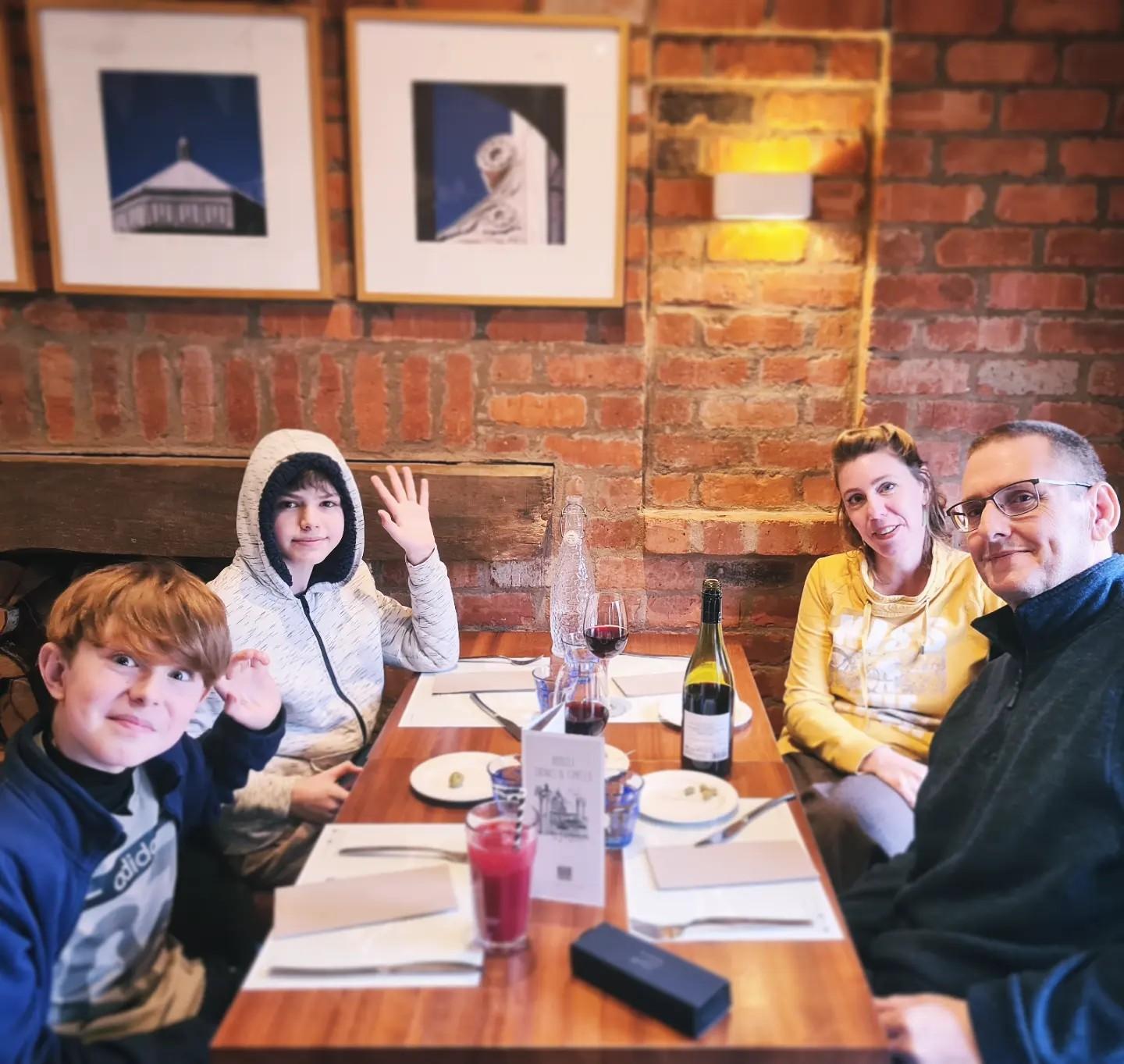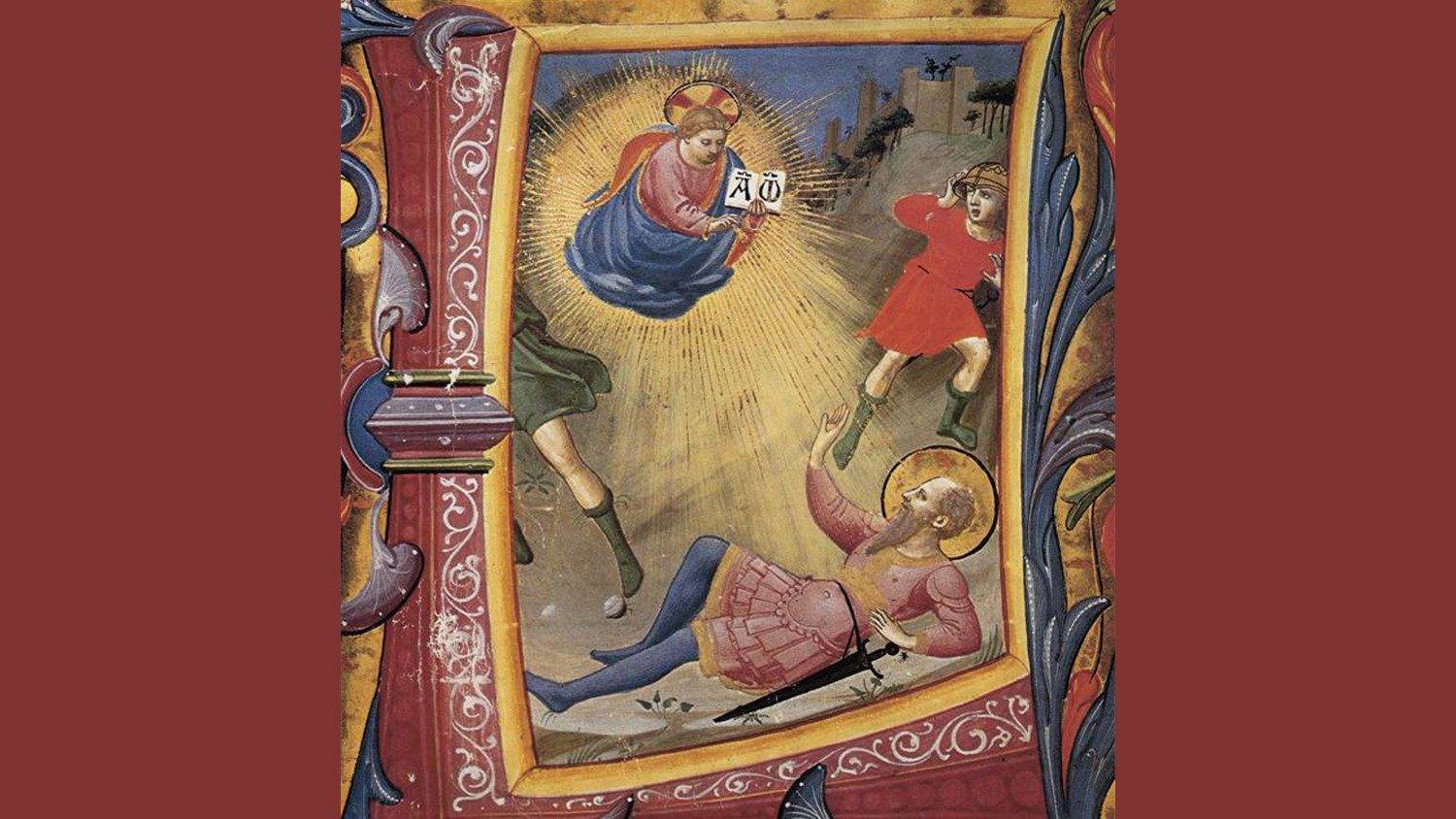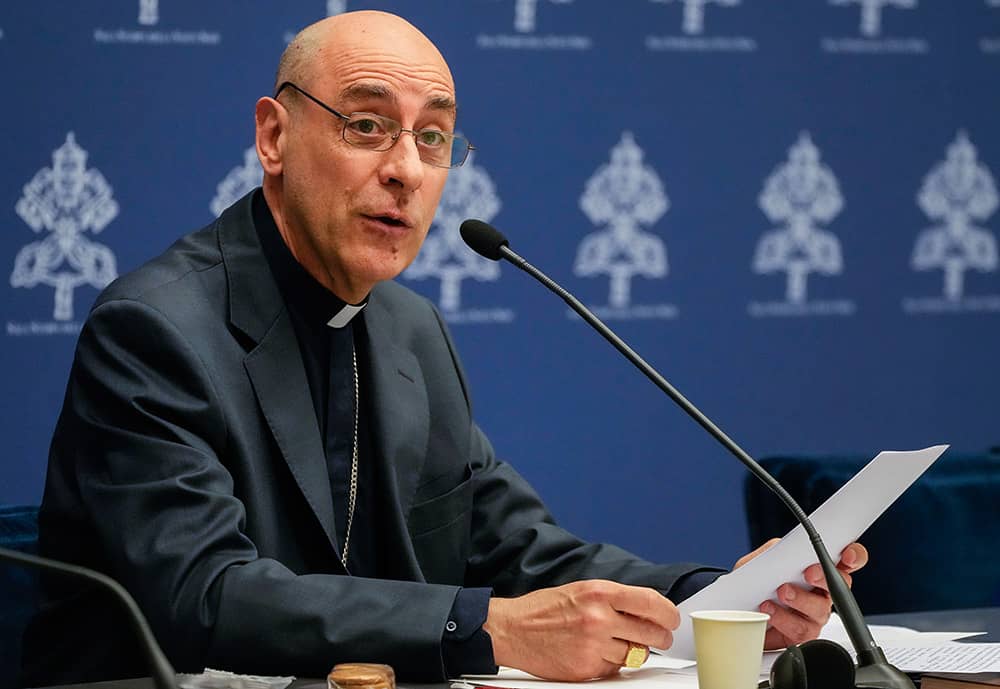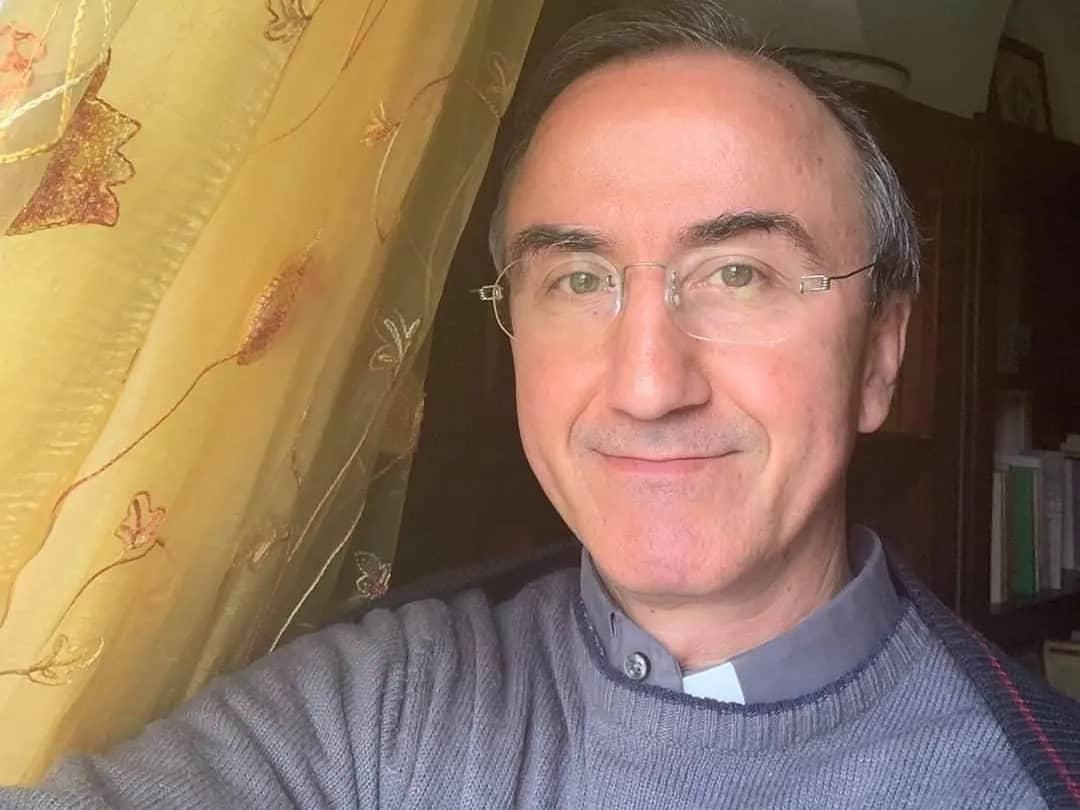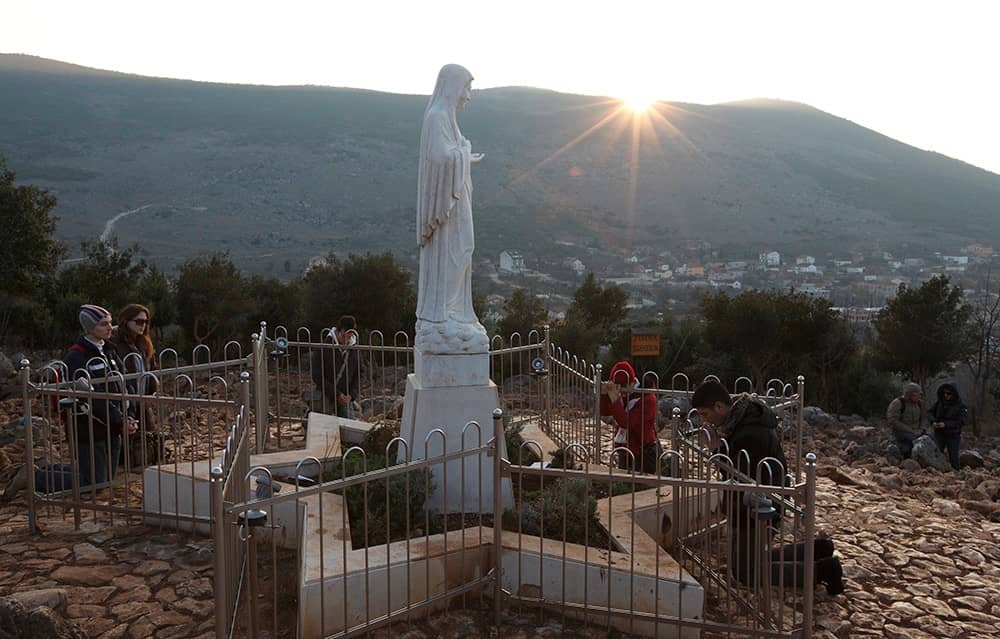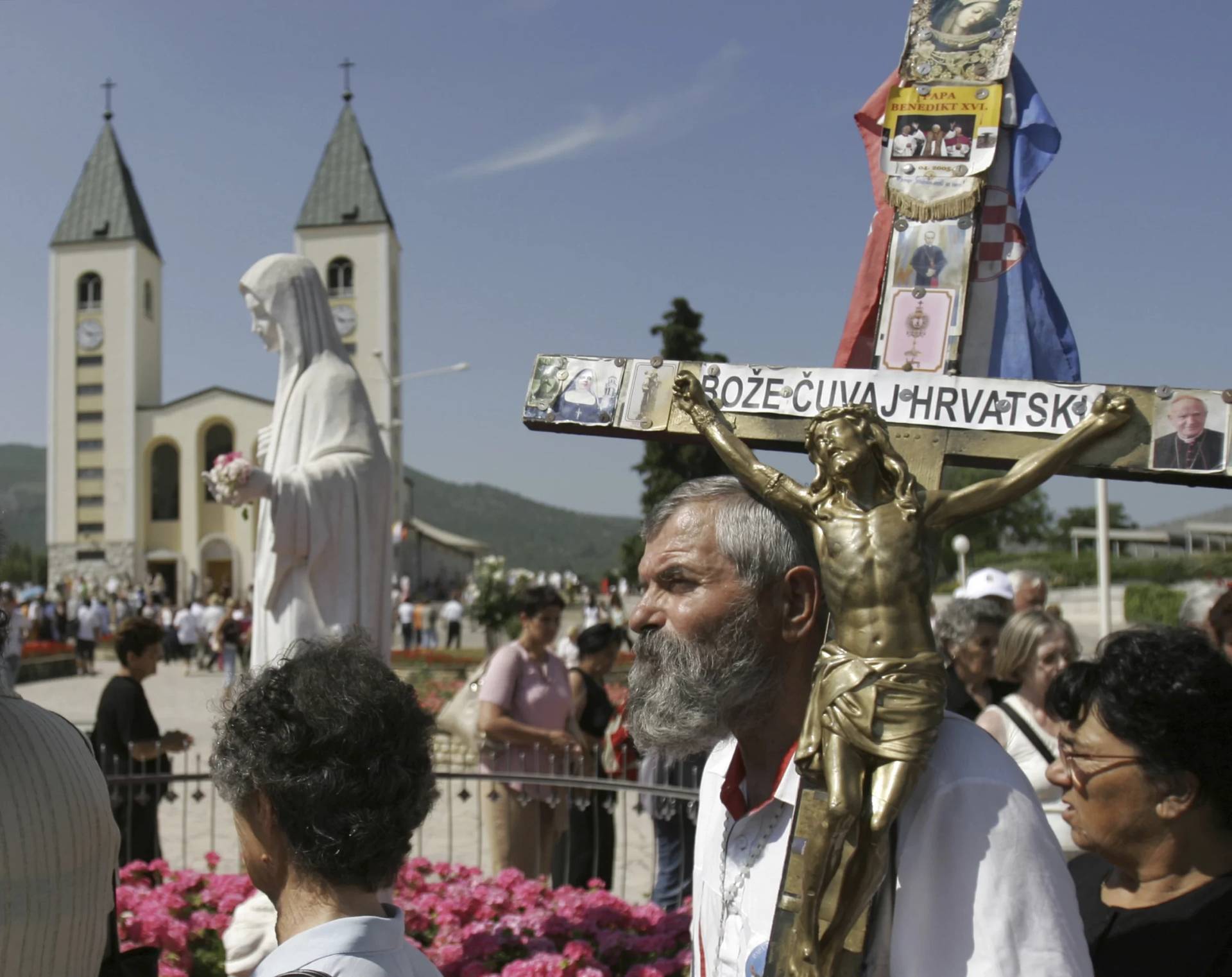[in the early hours of May 8, 2023, Crux’s managing editor Charles Collins suffered a devastating stroke and was rushed to the hospital in the UK, where he, his wife Claire and their two boys live. He was in several hospitals for five months, and had a series of surgeries and other crises, but returned home in early October 2023. He marks the one-year anniversary of his stroke below.]
LEICESTER, United Kingdom – I am still alive.
On this day last year, I had a cerebral hemorrhage stroke. I spent five months in hospitals in the Midlands of England, where I live with my English wife, Claire.
This. was. reported. here. in Crux. on several occasions. (Even. a few reports. written. by me.)
John Allen and my wife understandably did not give all the details of what happened to me. Cerebral hemorrhages are very serious, and mine was especially severe and wide-spread. Claire was told there was little chance I would survive – the blood was leaking in several parts of my brain – and almost no chance of me returning “to myself” due to the extensiveness of the damage to my brain. The uniqueness of the stroke meant it could not be treated at the hospital in Leicester and I was sent to the more specialized facility in Nottingham for a craniotomy.
This surgery was considered very successful, but my case soon got worse: An infection was spreading throughout my body – I had emergency surgery on my superior mesenteric artery in early June, but the infection was incubating in my heart, which was damaged as a result.
This caused the third serious death scare.
I was transferred to another hospital in Nottingham, and given heart surgery, where a valve was replaced (I am now part cow, it seems.)
But then a miracle occurred. (I use the term somewhat officially, since it was used by multiple medical staff.)
I got my mind back.
By the end of July, I was “me” again, although very confused and not the best person to be around (“You were so horrible to the staff in Nottingham,” my wife told me. “Much more horrible than you usually are.”) This is after being in an induced coma for much of May and June.
I learned to walk again in the General Hospital in Leicester, and although I was given a wheelchair when I left, I stopped using it except for long walks after a few weeks at home.
What has the last year taught me?
First of all, to try and remember it has been harder on my wife than it has been on me. I have no memory of the stroke and surgeries. I just remember the last week in Nottingham – I couldn’t sit up or remember anyone’s name. I didn’t have to face the fears over me dying or losing my personality.

I also didn’t have to deal with, well, me. My boss referred to my “curmudgeonly” ways in the early days, which is what journalists call pains-in-the-behind when it looks like they are about to die.
I also have had to learn how to get on with it.
It is still more painful to walk than it has been in the past. I get tired really easily. My hearing is worse, and my vision is shot: There are several blank spots in front of my eyes, but our brains usually just fill those in to match the surroundings, so people (and cars, and animals, and stuff on the ground) can pop in and out of view. Little dots and lines also pass in front of me fairly constantly.
I can also lose my train of thought, although I am sure middle age plays its role in this.
The positives, of course, far outweigh the negatives. I don’t have a slur, which is common in stroke victims. I can walk somewhat regularly, although I seem older than I am. I am back at work full time – in fact, they stopped my regularly stroke support after six weeks, saying working as a writer and editor was actually better treatment than they would be providing.
This can also have its negative effects, too – it seems if you can act “normal” people can forget that life stopped being normal for you a year ago.
Religious thought also increases significantly – the death rate for a severe cerebral hemorrhage stroke is very, very high. If you survive, the chance of living without having continual home medical care is very, very low.
I constantly ask: “Why me?”
One reason might be the Lord telling me to get my body into a confessional more regularly: I am trying to go monthly. I also try to make sure the last words I say to my wife and two sons are, “I love you.”
But I know life is short – probably shorter than we would like – but I realize it is also eternal. When we die, that is who we are in the afterlife. And it is best to keep that in mind.
Please, keep my family in your prayers.
Follow Charles Collins on X: @CharlesinRome
